Neurological Syndromes

Neurological Syndromes:
Neurological syndromes comprise a collection of brain disorders. These conditions may result in issues with speech, movement, memory, and thought processes. Damage to the brain or anomalies in the way the brain functions are the causes of some neurological syndromes.
Some are brought on by illnesses like Alzheimer’s disease, stroke, and head injuries.
There are rare neurological syndromes as well as common ones. The brain’s information processing issues give rise to other neurological syndromes.
For a very long time, osteopathy has been promoted as a therapy for neurological conditions. Osteopathy is an medicine that treats neurological syndromes by emphasizing the connection between the anatomy and physiology of the body.
In order to increase circulation and encourage healing, manual manipulation of the bones, muscles, ligaments, and other tissues is involved.
Numerous neurological syndromes, such as headaches, migraines, multiple sclerosis, Parkinson’s disease, stroke recovery, and epilepsy, can be helped by osteopathy.
Osteopaths at Naturopath Osteopath Clinic are trained to evaluate movement patterns and perform physical examinations in order to diagnose ailments. Stretching, massage, and joint mobilization are frequently used as treatments to lessen pain and increase range of motion. To help with symptom management, osteopaths may also suggest dietary or lifestyle adjustments like exercise.
Osteopathic medicine has the potential to alleviate pain and enhance the quality of life for people with neurological syndromes, such as autism, chronic pain, and migraines.
Neurological syndromes are crippling, frequently fatal illnesses that include multiple sclerosis and cerebral palsy. Since osteopathy is holistic and depends on the patient’s body to heal itself, it might be a good substitute for the majority of neurological patients.
Naturopath Osteopath Clinic Manual Osteopathic Services
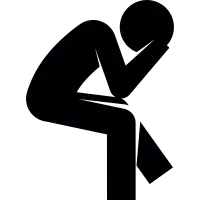
Osteopathic Pain Management
Osteopathic pain management is a field of medicine that uses manual therapies and other treatments to help people manage pain. Osteopathic pain management is often used to treat chronic pain, but can also be used to treat acute pain.
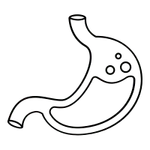
Osteopathic Systemic Dysfunction and Problems
Osteopathic systemic dysfunction (OSD) is a term used to describe a state of body function that is characterized by a disruption in the normal balance of the musculoskeletal, cardiovascular, respiratory, and digestive systems.
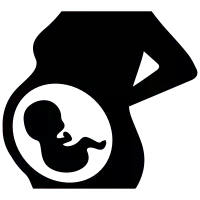
Pregnancy
Osteopathy for Pregnancy is a form of treatment that focuses on the body’s structure and how it functions. Osteopaths believe that restrictions in movement or pain in one area of the body can cause problems in other parts of the body.
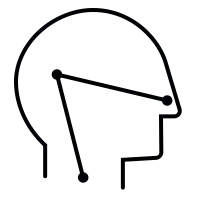
Ear, Nose and Throat Problems
Osteopathy is a form of manual medicine that uses specific techniques to diagnose and treat problems with the musculoskeletal system. Osteopaths believe that many health problems can be traced back to problems with the bones, muscles, and joints.
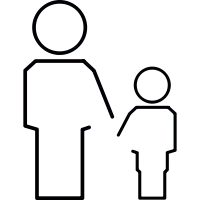
Pediatric Osteopathy (Babies and Children)
Pediatric Osteopathy is a form of holistic medicine that uses manual manipulation of the body to improve circulation and overall health. Osteopaths believe that this type of treatment can help with a wide range of issues, from ear infections to colic.
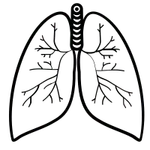
Respiratory Illness
Osteopathy is a form of manual medicine that uses the hands to diagnose and treat health problems. Osteopathy can be used to treat a wide variety of respiratory illnesses, including asthma, bronchitis, and pneumonia.
If you liked this content and found it to be informative, please rate it.
We are sorry that this post was not useful for you!
Let us improve this post!
Tell us how we can improve this post?
